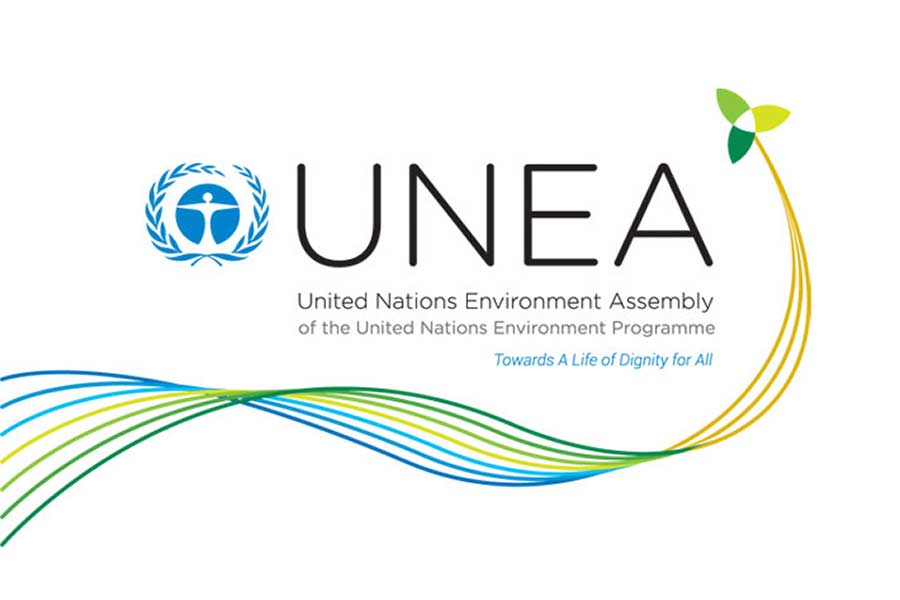On February 26, UN Environmental Assembly (UNEA) – the world’s top decision-making body on the environment – will begin its Sixth Session in Nairobi, Kenya. With this year’s theme of effective, inclusive and sustainable multilateral actions, governments, international organizations, and civil society organizations will be focusing on potential ways to tackle the planetary crises of climate change, biodiversity loss and pollution. It is essential, however, that the world’s decision makers make sure not to overlook one factor that exacerbates all these interconnected challenges: the environmental footprint of armed conflicts.
Armed conflicts and military activities around the world result in conflict-pollution, leave a trail of toxic remnants of war, destroy ecosystems and worsen biodiversity loss. They lead to degradation and overexploitation of natural resources, contribute to extensive military GHG emissions, and induce human displacement that often comes along with unsustainable coping strategies. Furthermore, fragility and conflict undermine environmental governance, which weakens systems of environmental protection and sustainable resource use, and hamper States’ abilities for climate adaptation.
With all these impacts, it is imperative that conflicts’ contributions to the triple planetary crisis are recognized and addressed properly – from acknowledging this in the UNEA-6 Ministerial Declaration to setting up operational mechanisms fit for dealing with pressing conflict-linked environmental challenges through UNEA-6 resolutions.
Ecoaction has joint a joint civil society’s position on the importance of including peace and conflict aspects as part of the UNEA-6 deliberations and decisions with concrete policy recommendations for Member States which you can read here.
Addressing the environmental dimensions of conflicts needs to be mainstreamed throughout the UN system. UNEA plays the main role in raising the profile of these concerns, and during the past UNEA sessions, civil society organisations have advocated for the adoption and implementation of strong resolutions on the protection of the environment in relation to armed conflicts (in 2016) and on pollution mitigation and control in areas affected by armed conflict or terrorism (in 2017). At UNEA-6, CSOs advocate for the adoption of Ukraine’s draft resolution on environmental assistance and recovery in areas affected by armed conflicts. Protecting civilians also includes safeguarding the environment they depend on, for which UNEA should be a key forum where States support the building and strengthening of international norms to protect people, planet and peace.

